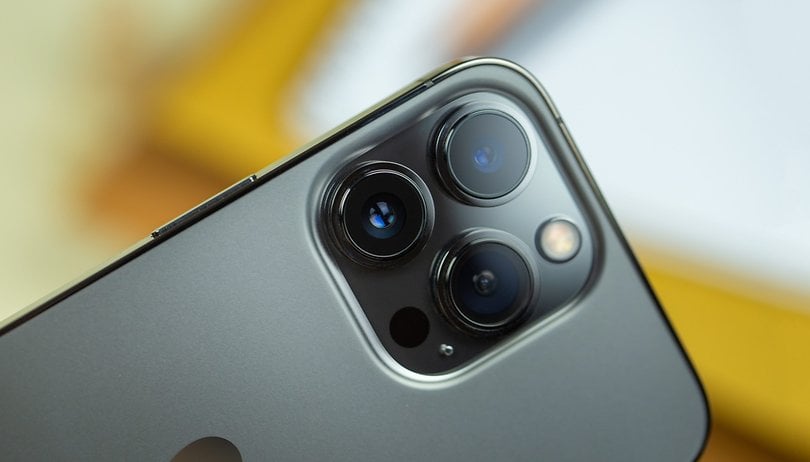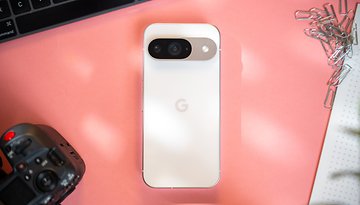Goodbye, Qualcomm: Apple plans to build modems starting in 2023


Read in other languages:
According to rumors, Apple is planning another step towards independence! According to rumors, the company from Cupertino wants to work with chip manufacturer TMSC on its own 5G modems, which are manufactured in the 4-nanometer process. So will the iPhone be impossible to catch up in terms of connection speed from 2023?
TL;DR
- Apple is reportedly looking to produce its own modems for its iPhones from 2023 onwards.
- The iPhones already have a significant performance advantage over Android rivals.
- Currently, Apple relies on Qualcomm technology for its modems.
By 2023 at the latest, Apple wants to become even more independent of third-party chip manufacturers like Qualcomm. As The Verge reports, there are rumors of a collaboration between Apple and TMSC, the third-largest producer of semiconductors in the world. The information here comes from Nikkei Asia. According to the report, TMSC's manufacturing process will help Apple produce its own 5G modems, which could be used in the iPhone 16 with an eye on the calendar.
Everything about the Apple iPhone on NextPit
In the iPhone 13, Qualcomm still makes sure data packets get from your pocket to servers around the world. However, Qualcomm speculates that it will only produce 20 percent of the iPhone's modems in the next two years. Apple's push for independence should be of particular concern to the top players in the Android world.
Is Apple extending its lead?
Provided Apple can maintain the performance levels of the current TMSC components with its own 5G modems, the iPhone will have another ace up its sleeve in the coming years. We'll likely find out how Qualcomm and MediaTek, the two main players in Android SoCs, stack up there in the coming days. That's because Qualcomm will soon unveil its flagship processor for next year - and MediaTek stepped up just a few days ago with its first 4-nanometer SoC for smartphones.
What do you think about the current trend of making your own processors and chips for hardware? Do you see this as a good step towards independence or does it just make it unnecessarily difficult for end-users? Let us know in the comments!
Via: The Verge Source: Nikkei Asia
















